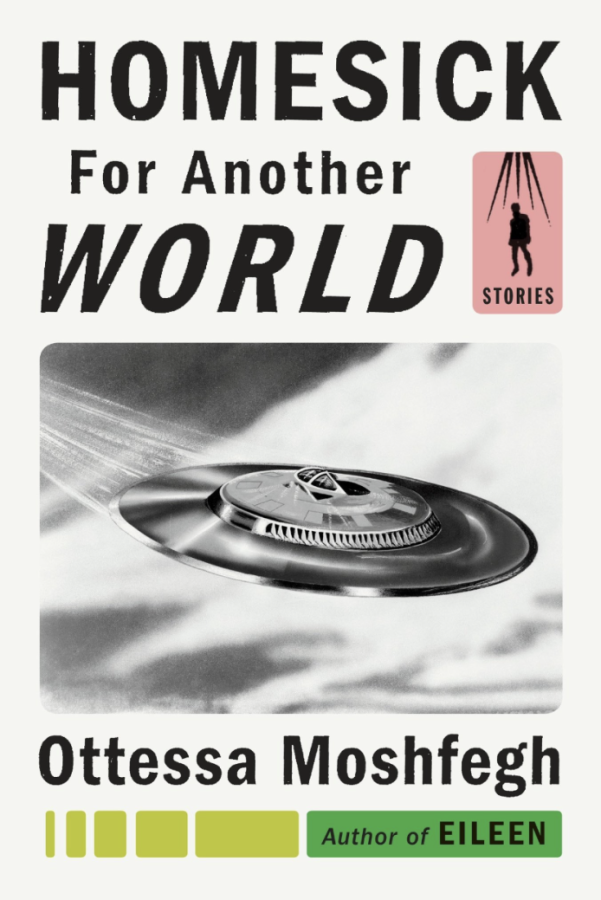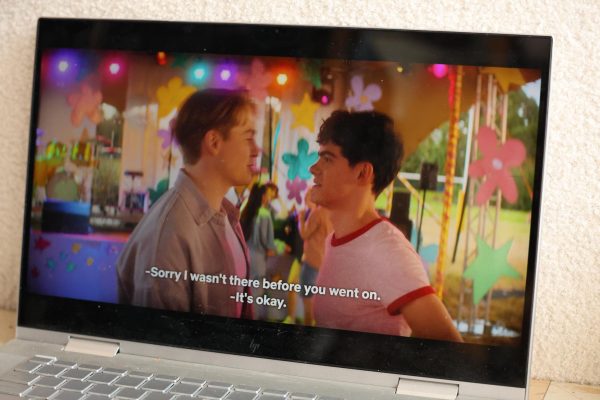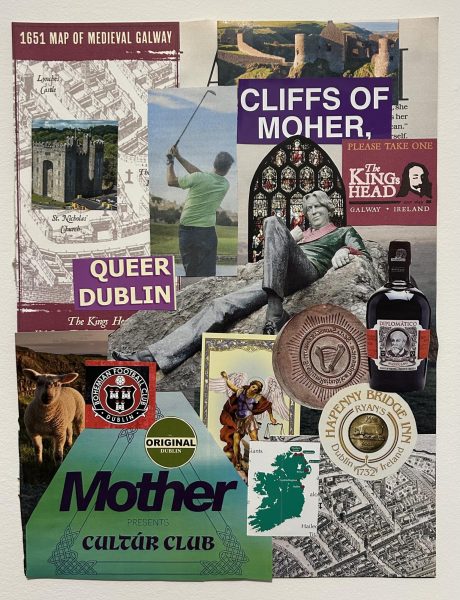The Hidden Beauty of Short Stories
In the height of the academic semester, when I often go days without picking up a book for fun, I frequently find myself drawn to short story collections. Short stories allow you to fully enjoy and immerse myself into a story without the pressure of committing to an entire book. Writing a good short story — developing characters, plot, setting and theme in just a few pages — requires incredible talent. As we enter midterm season, I thought I would share some of my favorite short story collections (and my favorite stories from them) for when you need that 15-minute study break.
My all-time favorite short story collection is “Homesick for Another World” by Ottessa Moshfegh. The stories revolve around generally unlikable characters who, as the title suggests, want something different from life. They’re all dissatisfied, but refuse to make a change. As the reader, you want them to take initiative and find joy in life, but you’re not surprised when they don’t, because they are pathetic and often cruel. The stories are gritty and unsettling, and Moshfegh’s exploration of humanity and relationships is incredibly blunt. As gross and uncomfortable as these stories are, they are refreshing in a time when books, movies and TV shows often glorify mental illness and addiction.
Some of my favorite stories from this collection include, “Bettering Myself,” which follows a Catholic school teacher who hates her job, her students and her ex-husband, and “The Weirdos,” which surrounds a very odd couple who don’t really seem to like each other all that much. Perhaps the most impactful story in the collection is “The Beach Boy,” a story about a wealthy couple who take a vacation to an island. While the story is ultimately about grief, the underlying theme of obsession is powerful. The wife becomes obsessed with the male prostitutes on the island they visit, and the husband becomes obsessed with a photo taken by the wife. Ultimately, both of their obsessions are fueled by fear of the unknown, whether it be fear of an unfamiliar place or fear of an unsolvable mystery.
While “Homesick for Another World” is avant-garde and unusual, for a more traditional collection of stories, I usually turn to “Everything that Rises Must Converge,” a southern gothic collection by Flannery O’Connor which was posthumously published in 1965. Like Moshfegh, O’Connor explores people and relationships through her stories. The title story, “Everything that Rises Must Converge,” follows two deeply flawed characters, a mother and son. The mother is racist and cruel and the son constantly tries to agitate and provoke her by publicly displaying his self-proclaimed “progressiveness.” While this story was written long before the word “woke” came into our vernacular, O’Connor expertly reveals the flaws in the liberal desire to be “woke.”
Another fantastic story in “Everything that Rises Must Converge” is “Parker’s Back,” which explores the relationship between a fundamentalist Christian woman and her husband who is covered from head to toe in tattoos and rejects his religious upbringing. The story explores themes of faith, love, identity and revenge through these expertly crafted characters.
For a newer collection I recommend “Skinship” by Yoon Choi (published 2021), named after a Korean slang word which refers to platonic physical intimacy among family or friends. While I try not to judge books by their covers, I have to mention how beautiful the cover of this book is. It depicts two silhouettes hugging on a striking black background. The cover perfectly prepares the reader for the breathtaking warmth and intimacy of these stories.
The eight stories follow vastly different characters, from an older married couple to a teenage boy to a piano teacher, but they are all anchored to the themes of grief, loss and family. Choi’s use of language throughout the book is compelling; she frequently discusses common Korean phrases and how their translations into English affect their meaning: “His goal was to make money. ‘Make money’ was one of the American phrases he had picked up, and it sounded strange in translation because the Korean idiom was to earn it.”
My final recommendation is “Slow Days, Fast Company: The World, the Flesh, and L.A.: Tales” by Eve Babitz. This is definitely the lightest collection in this list. It is funny and incredibly entertaining. The stories are semi-fictionalized accounts of Babitz’s life in Los Angeles in the 1960s and ’70s. Babitz was the it-girl of L.A. and her stories reveal her personality so well, you’ll feel like you’ve spent a night out on the town with her after reading them: “I was a difficult, mean b—-, whose cat, it was rumored, bit men. (And whose cat did.)”
While each of these short story collections offer something different, they are all magnificent looks at humanity. Some of these stories are as short as a few pages, and none of them exceed 20, yet the characters and themes have stuck with me more than most 400 page books I have read in my life. So next time you’re in a reading slump, or just can’t seem to find the time to dedicate to an entire novel, I recommend you pick up one of these amazing collections.

Ava Erickson is a senior from Denver. Her passion for writing and language led her to double major in journalism and Spanish studies. She began working...













































































































































































































